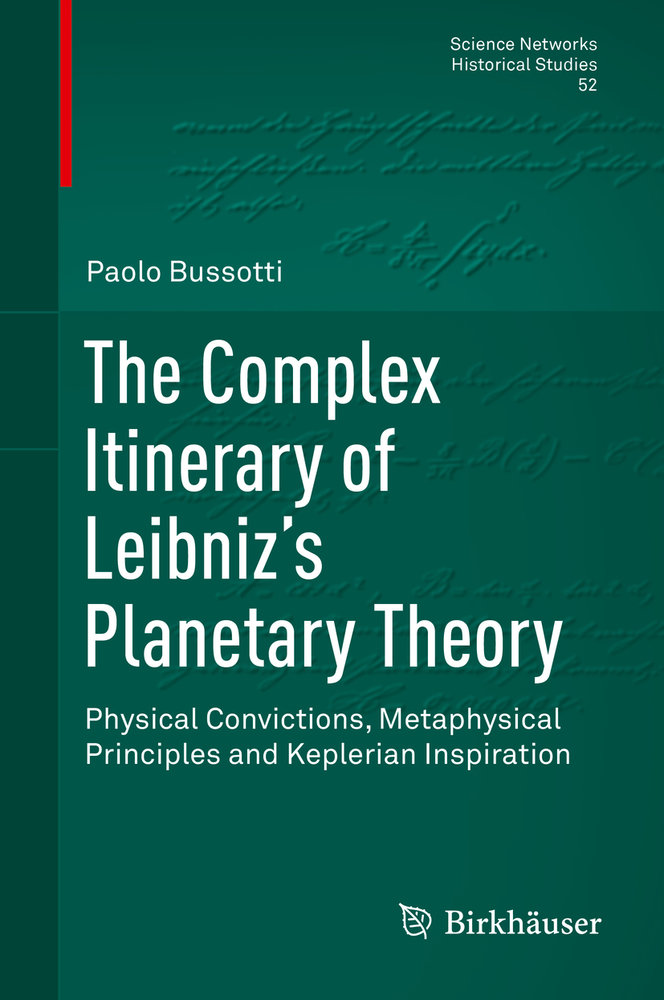This book presents new insights into Leibniz's research on planetary theory and his system of pre-established harmony. Although some aspects of this theory have been explored in the literature, others are less well known. In particular, the book offers new contributions on the connection between the planetary theory and the theory of gravitation. It also provides an in-depth discussion of Kepler's influence on Leibniz's planetary theory and more generally, on Leibniz's concept of pre-established harmony. Three initial chapters presenting the mathematical and physical details of Leibniz's works provide a frame of reference. The book then goes on to discuss research on Leibniz's conception of gravity and the connection between Leibniz and Kepler.




